3 min read
Indigenous Membership vs Citizenship: What's the Difference?
Long before the arrival of Europeans, confederation, and the imposition of the Indian Act, Indigenous communities were self-determining. They decided...

3 min read
Long before the arrival of Europeans, confederation, and the imposition of the Indian Act, Indigenous communities were self-determining. They decided...
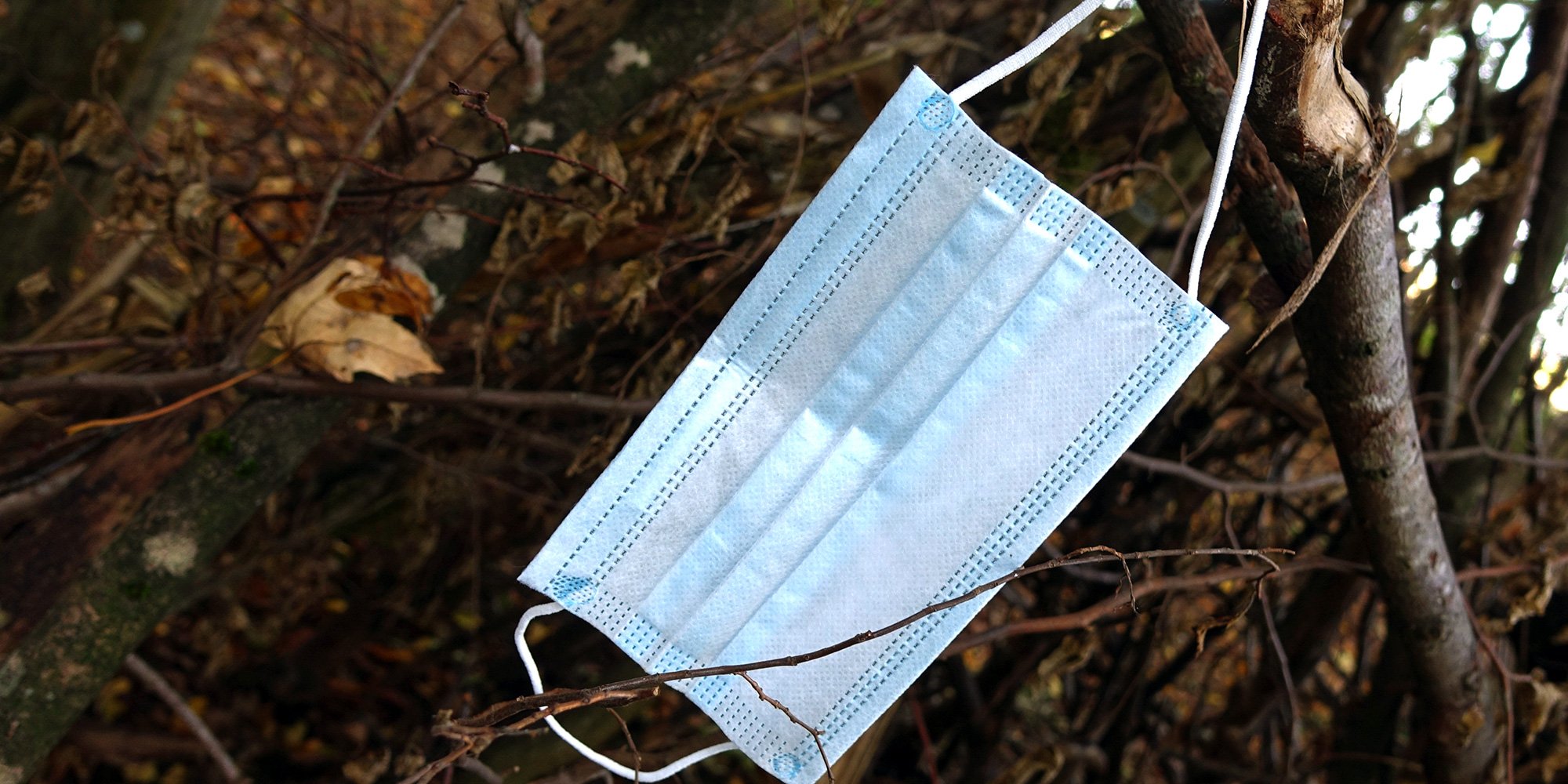
3 min read
The COVID-19 pandemic could be the single greatest threat in this generation to the continuity of Indigenous cultures and the preservation of...
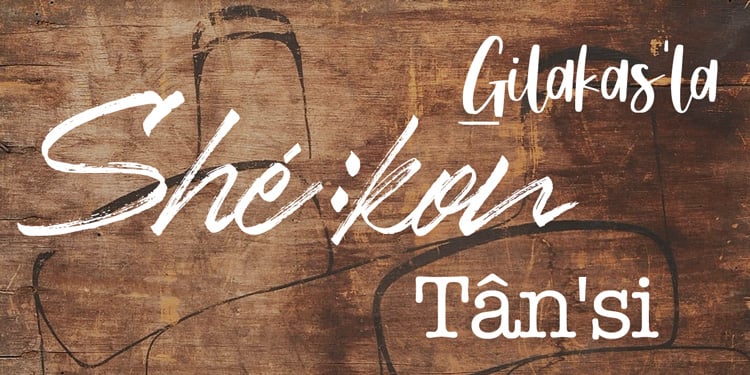
3 min read
The United Nations has declared 2022-2032 as the International Decade of Indigenous Languages. Many Indigenous languages across the world are in...
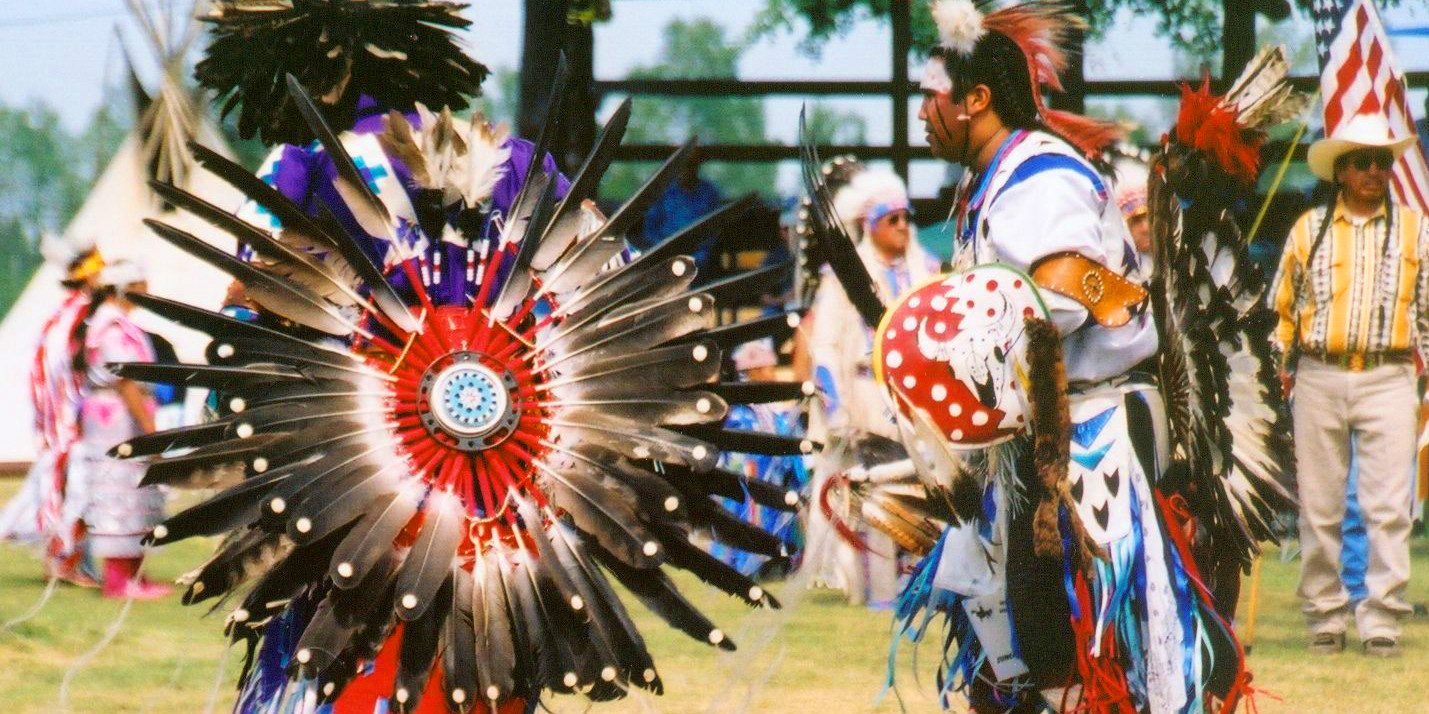
3 min read
In·dig·e·nous: originating or occurring naturally in a particular place; native. Occurring on June 21, 2022, for the 26th anniversary since its...

2 min read
Indigenous Corporate Training Donates $40,000 to Nawalakw Culture Camps Indigenous Corporate Training Inc. had the recent honour of speaking with...

2 min read
There has been much discussion in the scientific community about how and when Indigenous Peoples populated the Americas. One prevailing theory is...
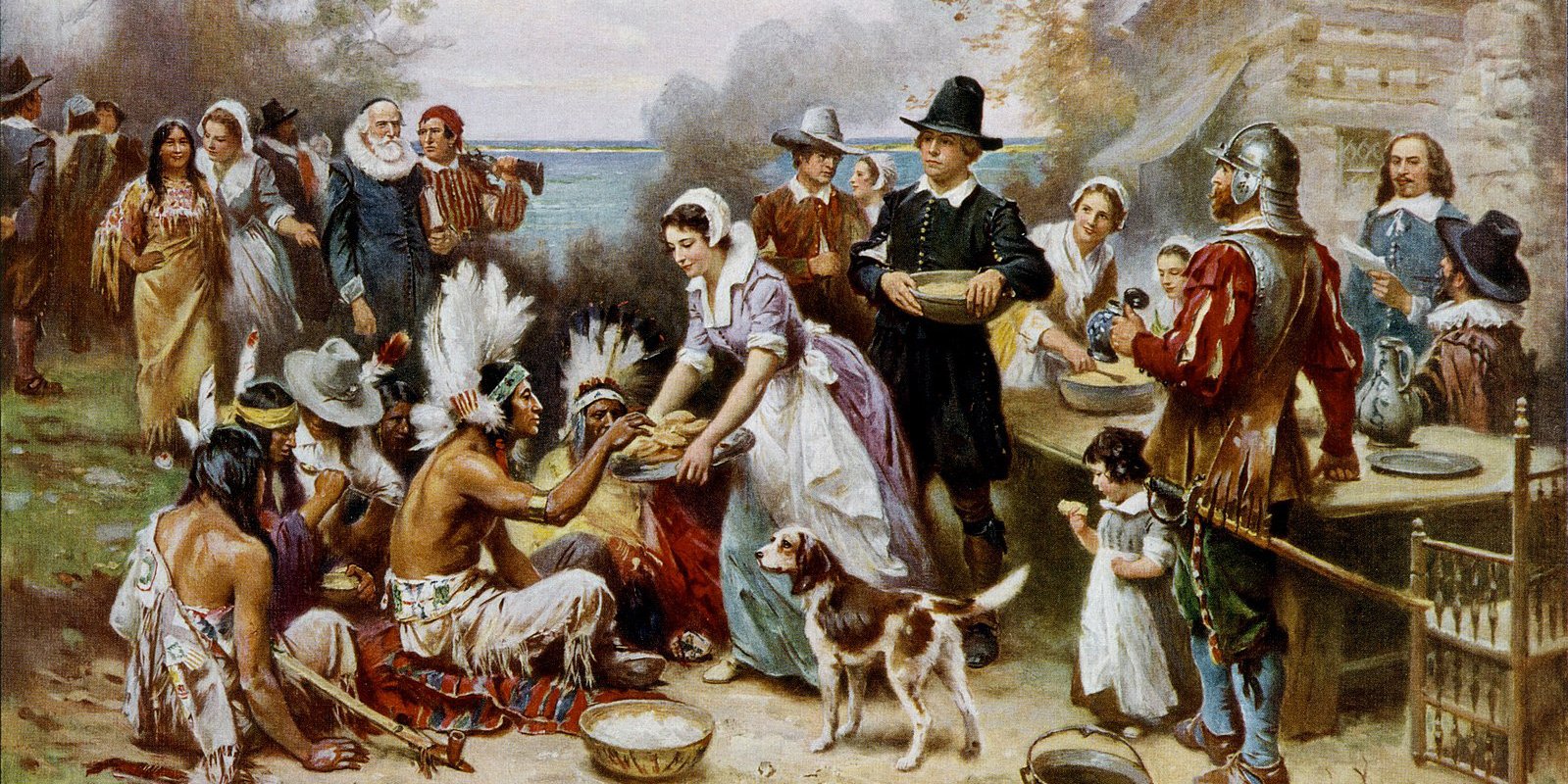
3 min read
The descendants of European settlers are brought up believing that it was their ancestors who celebrated the first Thanksgiving after surviving the...
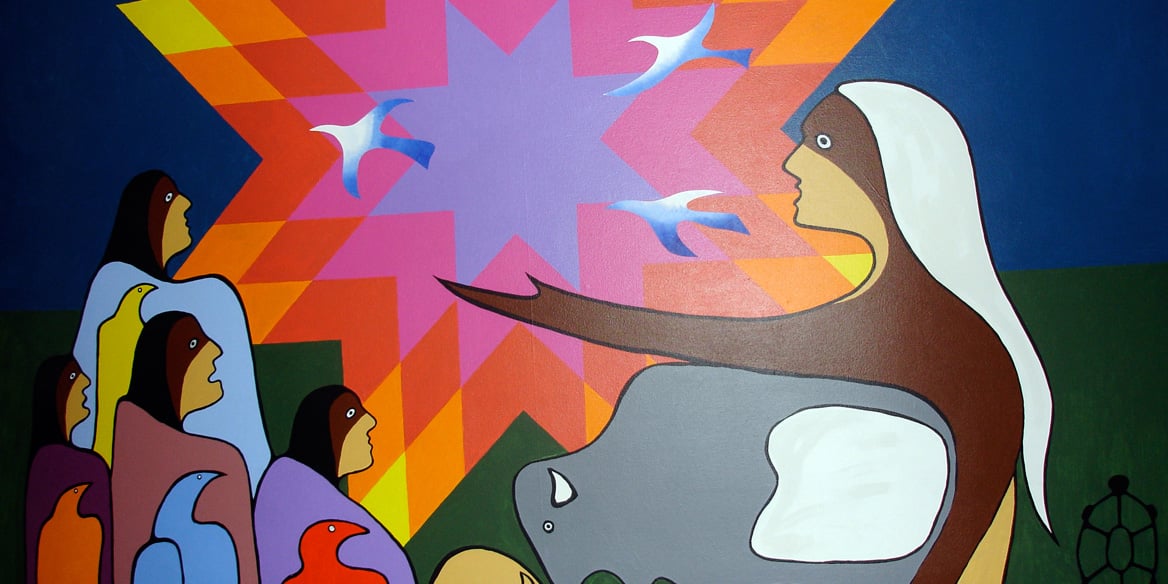
2 min read
Oral traditions retain the history of Indigenous Peoples by passing cultural information from one generation to the next. For Indigenous communities...
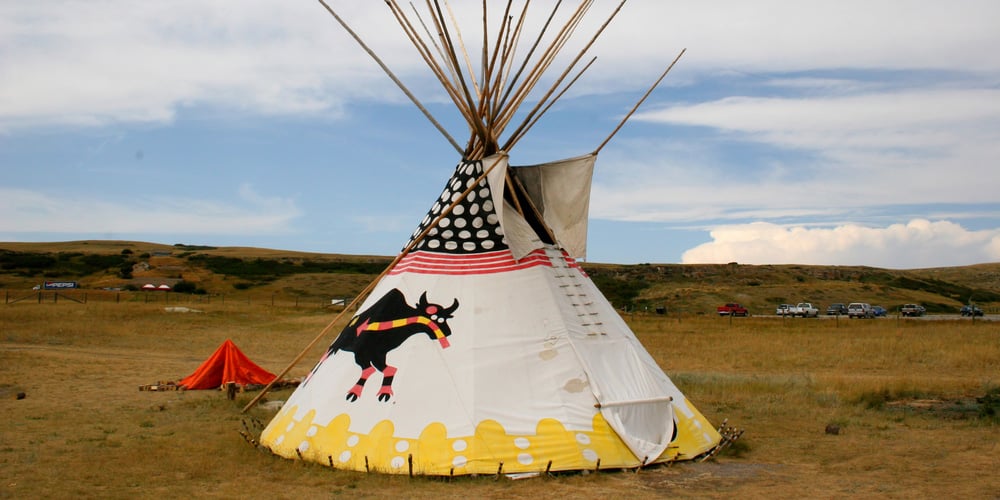
2 min read
Here are seven First Nation facts plus one fun fact to add to your storehouse of knowledge. 1) Number of Nations There are over 634 recognized First...
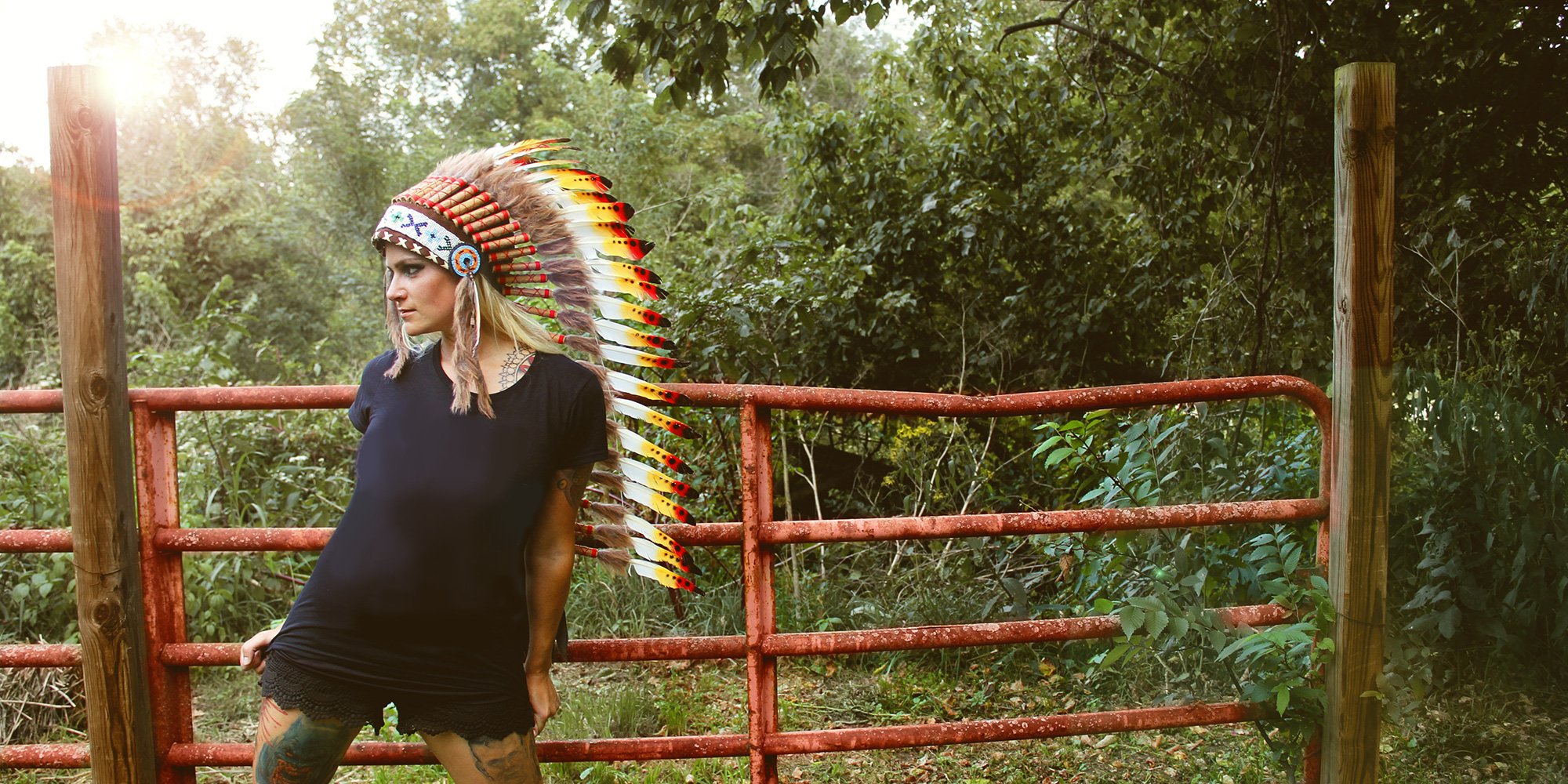
2 min read
Randomly plucking “popularized” images of a marginalized culture for entertainment or profit without respect for or an understanding of the culture...